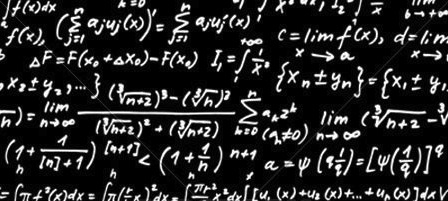Those of us working in academia have a tendency to try and do everything ourselves, often reinventing the wheel in the process. That said, due to the inherent secrecy of the quantitative hedge fund industry, academic researchers in automated trading often do need to do everything themselves. That is: modelling, algorithm design, optimisation, programming, backtesting and simulation.
But how does it work in a quantitative hedge fund? Well, from my (somewhat limited) experience with such funds I’ve found the following general structure to be fairly common.
At the beginning of the investment process you have the quant strategists/researchers. These guys and girls tend to have a PhDs in maths or physics and have a very strong understanding of probability theory and statistics. Their job is to generate models and ideas that systematically capture investment opportunities and to develop algorithms based on these ideas. These algorithms are usually backtested by the quants and/or a research team.
Once an algorithm is deemed viable, it is passed on to the quant. developers. These developers are highly skilled (often PhD) programmers that focus on optimising the code for speed and robustness before passing it on to the programmers. The programmers’ job lies in interfacing the code with the trading platform and connectivity with the exchanges.
Next in line are the traders who work on unleashing the algorithms into the market at specific times dependant on prevailing market conditions and instruction from the portfolio manger/s. In quantitative funds this can be quite a low touch job with traders simply launching and babysitting algorithms. However, there are often hundreds of algorithms running at once with traders in charge of allocating capital between them (according to some framework laid out by the portfolio managers).
Naturally, this tends to be more of a circular process. Given that the traders are in direct contact with the markets, they will often will come up with trading ideas and will talk with the quants who will explore, refine and generate algorithms from the ideas as the process starts again.
